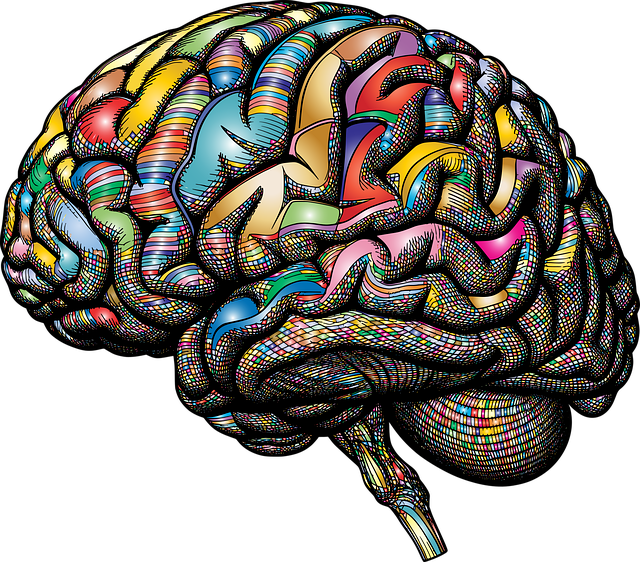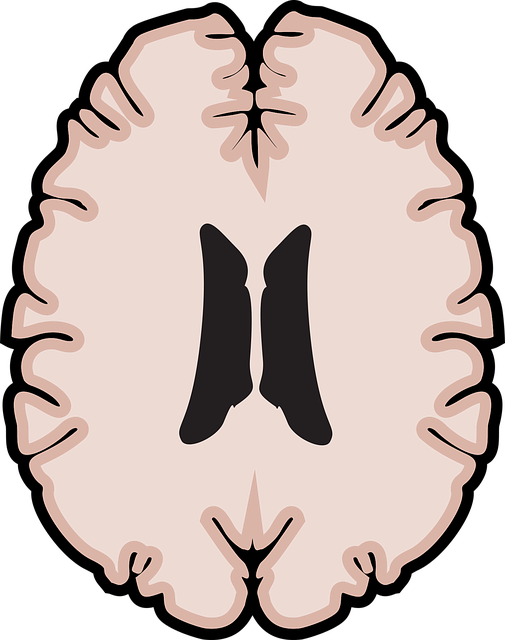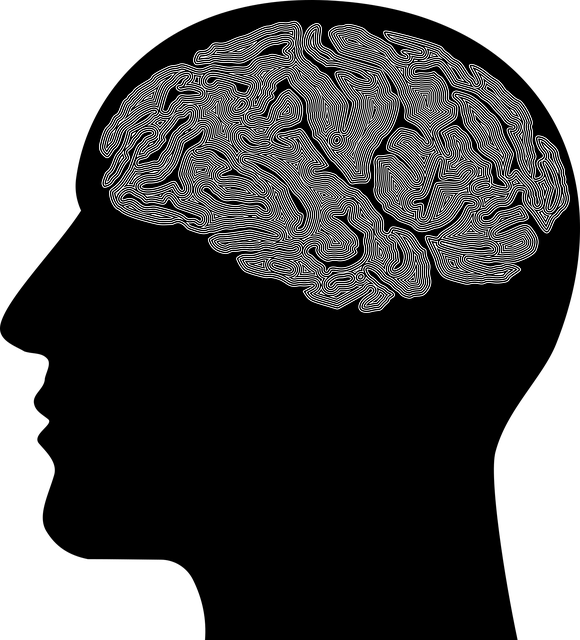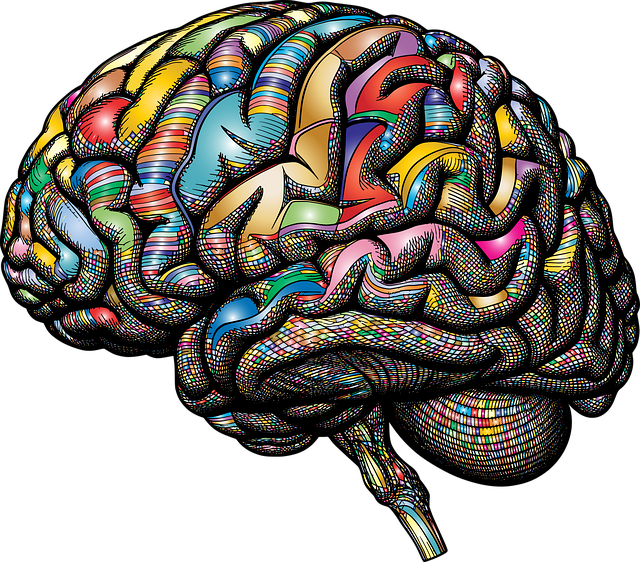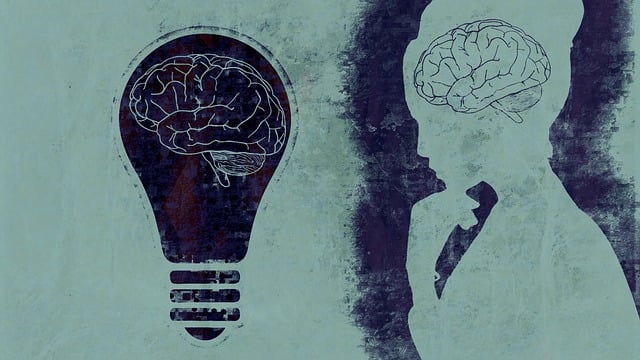Mental health policies are vital for fostering resilient communities by integrating compassion and crisis intervention at systemic levels. Cognitive Processing Therapy (CPT), an effective approach for treating trauma and anxiety in children, targets unhelpful thought patterns and improves emotional regulation through structured activities. Early intervention with CPT prevents mental health issues from escalating, promoting academic and social well-being. However, disparities exist in access to CPT, impacting diverse demographics. Policy advocacy campaigns raise awareness about children's therapy needs, dispel myths, and promote understanding of mental health conditions. Case studies show targeted policy interventions like CPT significantly improve mental health outcomes for vulnerable populations, with holistic approaches reducing depression rates among adolescents and fostering compassionate communities.
Mental health policy analysis and advocacy are vital components of fostering holistic well-being, especially in children. This article explores a multi-faceted approach to understanding and improving mental health services through various lenses. We delve into the foundational knowledge of mental health policies, focusing on the transformative potential of evidence-based practices like Cognitive Processing Therapy for Children. By analyzing current landscapes and identifying gaps, we uncover strategic advocacy methods that empower voices advocating for enhanced mental health care.
- Understanding Mental Health Policy: A Foundation for Change
- The Impact of Cognitive Processing Therapy on Children's Well-being
- Analyzing the Current Landscape: Gaps and Challenges in Mental Health Care
- Advocacy Strategies: Empowering Voices for Better Mental Health Services
- Case Studies: Successful Policy Interventions and Their Effects
Understanding Mental Health Policy: A Foundation for Change

Mental health policies are a cornerstone for fostering well-being and promoting resilience within communities. Understanding the intricate web of these policies is essential to driving meaningful change. By recognizing the impact of mental health on various aspects of life, from education to employment, we can advocate for evidence-based practices that resonate with diverse populations. Cognitive Processing Therapy (CPT), for instance, has shown remarkable effectiveness in treating trauma and anxiety disorders, particularly in children, making it a valuable tool in policy frameworks aimed at Depression Prevention.
Policy advocacy goes beyond mere recommendation; it involves pushing for systemic shifts that integrate compassion cultivation practices and crisis intervention guidance into the fabric of society. This includes ensuring accessibility to mental health resources, promoting early intervention strategies, and addressing disparities in care. Through collaborative efforts, we can create a landscape where therapy becomes an accessible and valued resource for all, ultimately fostering healthier and more resilient communities.
The Impact of Cognitive Processing Therapy on Children's Well-being

Cognitive Processing Therapy (CPT) has emerged as a powerful tool in enhancing children’s mental health and overall well-being. This therapeutic approach focuses on modifying unhelpful thought patterns and improving emotional regulation, which are key aspects of a child’s cognitive development. By teaching children effective coping strategies and empathy-building techniques, CPT helps them navigate challenging situations and promotes better emotional well-being promotion techniques.
The impact of CPT extends beyond individual therapy sessions; it empowers children to become more resilient and engaged in their mental wellness coaching programs development. Through structured activities and interactive exercises, children learn to challenge negative thoughts, fostering a sense of control over their emotions. This early intervention can prevent the escalation of mental health issues, ensuring children have the tools to thrive both academically and socially.
Analyzing the Current Landscape: Gaps and Challenges in Mental Health Care

The current landscape of mental health care presents a complex picture, with significant gaps and challenges impacting individuals across all demographics. Despite increasing awareness and advancements in therapy, such as Cognitive Processing Therapy (CPT), access to evidence-based treatments remains unevenly distributed. Many individuals, especially children, face barriers that hinder their ability to receive the necessary support for their mental health concerns.
One notable gap lies in the integration of specialized therapy services within primary healthcare settings. While CPT and similar therapeutic approaches have proven effective in treating trauma, anxiety, and depression, they are not universally available. This lack of accessibility perpetuates delayed care, leading to more severe symptoms and longer-term consequences. Additionally, there is a growing need for inclusive practices that address the unique mental health needs of diverse populations, including children from underserved communities, who may require tailored interventions like Conflict Resolution Techniques or Mindfulness Meditation to manage mood and promote resilience.
Advocacy Strategies: Empowering Voices for Better Mental Health Services

In the realm of mental health policy analysis and advocacy, empowering voices is a powerful strategy to drive change. One effective approach is through organized campaigns that focus on raising public awareness about mental health issues, specifically targeting children’s cognitive processing therapy needs. By engaging communities, advocacy groups, and mental health professionals, these initiatives can educate the public, dispel myths, and promote understanding of various mental health conditions. This collective effort not only fosters a supportive environment but also encourages early intervention and access to evidence-based therapies like Cognitive Processing Therapy (CPT), which has proven benefits in treating trauma and stress-related disorders in children.
Furthermore, advocacy strategies should include the development of Stress Management Workshops Organization programs tailored for different demographics. These workshops can empower individuals with coping mechanisms and self-care practices, reducing the burden on formal mental health services. In alignment with Mental Health Policy Analysis and Advocacy goals, such initiatives ensure that accessible resources are available to those who may not traditionally seek therapy. By combining public awareness campaigns and community-based interventions, we can create a more inclusive and supportive society where mental well-being is prioritized, ultimately leading to improved access and quality of care for children and adults alike.
Case Studies: Successful Policy Interventions and Their Effects

In recent years, numerous case studies have highlighted the profound impact of targeted policy interventions on mental health outcomes, particularly for vulnerable populations such as children. One notable success story is the implementation of Cognitive Processing Therapy (CPT) in schools. CPT, a form of evidence-based therapy, has shown remarkable effectiveness in treating trauma and anxiety disorders among youth. By focusing on cognitive restructuring and processing traumatic experiences, this therapy empowers children to develop emotional intelligence and coping mechanisms that serve them throughout their lives.
Following these successful models, policymakers are increasingly recognizing the value of incorporating compassion cultivation practices into broader mental health strategies. Programs that integrate such practices have been linked to reductions in depression prevention rates among adolescents. These initiatives not only enhance individual well-being but also foster a sense of community and understanding, contributing to a more compassionate society. Such approaches underscore the importance of holistic mental health policies that address both clinical interventions and socio-emotional learning.
Mental health policy analysis and advocacy are vital components in fostering a healthier society, especially for our young ones. By understanding the current landscape and identifying gaps in mental health care, we can develop targeted strategies like Cognitive Processing Therapy to positively impact children’s well-being. The case studies presented highlight successful policy interventions, demonstrating that with focused efforts and empowered voices, we can revolutionize mental health services. It is imperative that we continue to advocate for evidence-based approaches, such as CBT, to ensure every child has access to the support they need for a brighter future.



